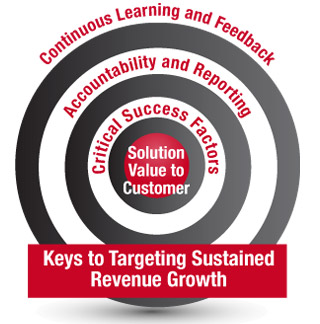Tech companies generate much excitement around their potential to “change the world” and the riches the investors hope to gain from the promise of an IPO. Facebook, Google, Twitter, and now the buzz of Snapchat or Snap Inc. as it will become known.
For all the excitement of public offerings what is less known to the average investor is how the founders structure the sale of shares to the public. Although not exclusive to tech companies, the companies mentioned above enable the founders to maintain the majority voting control while selling most of their share ownership to the public.
Thus the founders and managers become super rich, and maintain control through a super voting structure that keeps them at the heads of the companies into perpetuity. Public shareholders then have little to no influence over management, the board, governance, or direction of the company.
The most recent example, as reported by Wall Street Journal 1/17/17, is that Snap will offer shares in its messaging app Snapchat to the public. The super sweet deal contemplated is that the two founders will have 70% voting control despite holding just 45% of the shares. Bankers are said to believe Snap’s IPO will be valued between $20 and $25 billion.
Apparently, this arrangement is more common than people might think. WSJ reports that the Murdoch family uses different classes of stocks to control News Corp. A Fortune magazine story published 2/1/17 provides some useful information on control vs non-control businesses that are public, i.e. family or founders control the votes. According to the Fortune story performance is a mixed bag of results. Warren Buffet’s control of Berkshire Hathway performs well while the Redstone family control over Viacom which owns CBS has been tumultuous.
Google after its 2004 IPO, kept 60% of the voting control with the founders, executive team, and board of directors. In 2014 Google issued a new structure that changed stock classes between voting and non voting. This is intended to avoid founder-management voting control dilution as the company, now called Alphabet, issues more stock to the public in the future.
Here are the statistics the WSJ, 1/17/17 article provides:
- Between 2012 and 2016, 19% of U.S. tech firms went public with dual-class structures; 2x the share over the prior 5 year period.
- 2016: 21% of tech firms went public with dual-class structures, down from 37% in ’15.
- By contrast about 11% of non-tech, U.S. – listed IPOs used dual class structures in in 2015 and 2016
These dual class structures apparently do not meet with too many legal challenges. On the other hand, it seems perverse that founders and boards can award themselves voting shares while the public from whom they are raising the bulk of the company’s capital are not able to have any say in the business.
It’s a great deal for founders and management that they can keep control over the company and therefore the investments of a retail investor or pensioner without having to put a proportional amount of their own capital in the business.
Super Rich and in Super Control… what could be better than that?
Whether this is fair or not is a judgment each investor needs to decide for themselves. The key is whether the public is actually aware and informed about the implications of these voting/non-voting classes of shares. If they are, then they can they decide whether the shares offered are worth what people in the company want investors to buy them for.
It seems to me that if founders are going to raise a majority of a company’s capital from the investing public then its reasonable that founders, the executive team, and early investors should benefit from the IPO. But it’s another matter that post IPO the original company stakeholders should continue to benefit indefinitely by virtue of their having started the company regardless of how the company performs. When incentives are no longer aligned, then shareholder interests are of no or little consequence to management.
The new public company can behave as independently as a privately owned company. The difference now of course is that the founders raised massive amounts of capital to do as they wish for what they believe is best for the company, yet no longer have their capital at risk or sweat equity involved.
If people are unaware that they are investing in such arrangements then this is unfair and should raise shareholder protests. Companies must be transparent in disclosing their intent to impose such super voting positions. Unfortunately, most people get caught up in the excitement of the latest darling tech company. Investors become greedy with anticipation. Greed can hurt.
Peter Klinge, Jr. is a growth executive who works primarily with privately owned small to mid size companies.



